What are the side effects of ACE inhibitors?
.png?v=1672918529914)
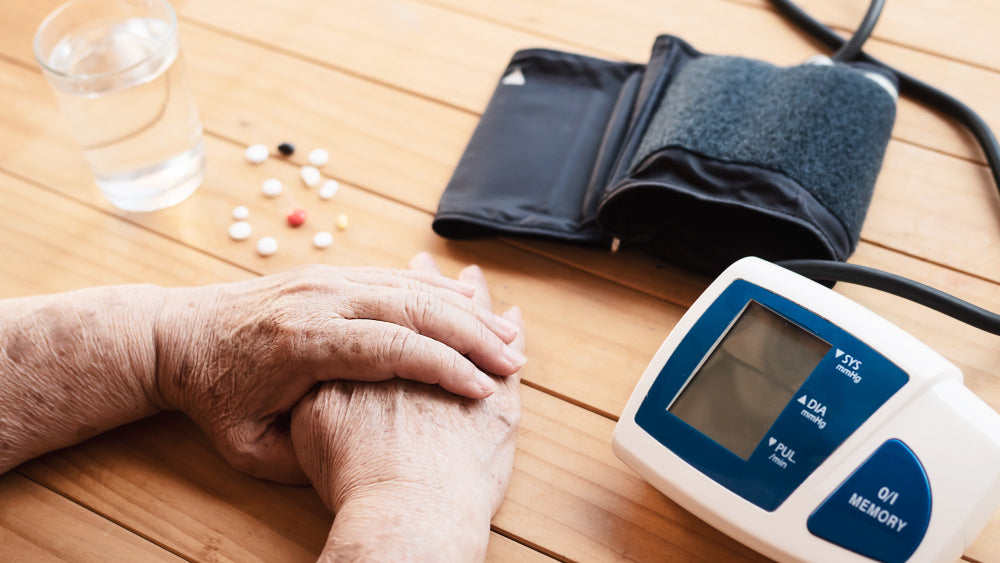
Related products
What’s covered?
The prolonged use of ACE inhibitors to treat high blood pressure causes various moderate to severe side effects.
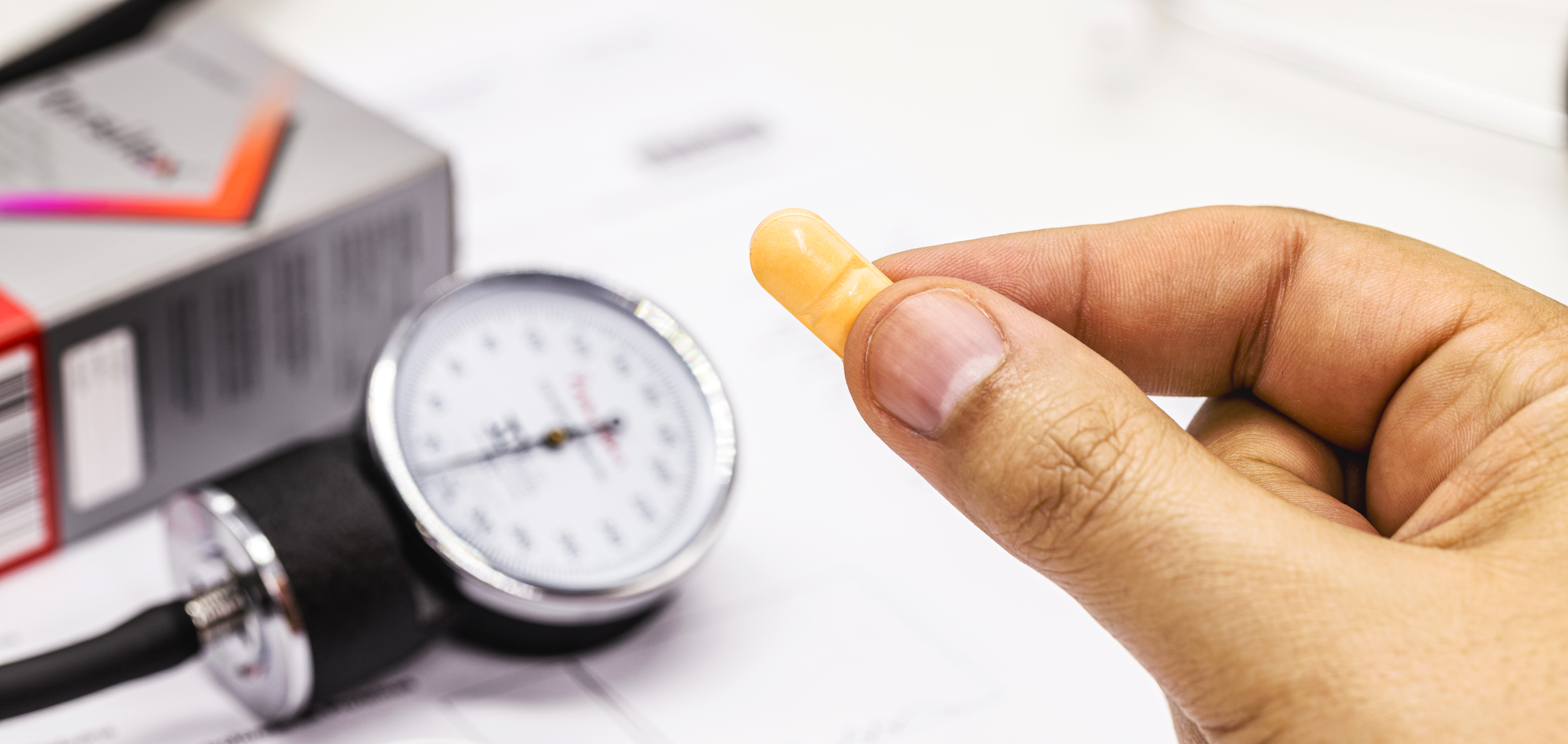
ACE is an acronym for 'angiotensin converting enzyme'. So, ACE inhibitors are angiotensin-converting enzyme inhibitors drugs. These are the common drugs prescribed for hypertension and related cardiovascular complications. How do these drugs work? What are their possible side effects and risks, and how do these drugs interfere with other medications?
The general public often asks these questions. Before answering these questions, let me give you a brief introduction to ACE inhibitors.
High blood pressure- a silent killer
Blood pressure is the pressure exerted on the walls of the blood vessels by the blood flowing inside the vessels. It should be 120 mmHg (systolic)/ 80 mmHg (diastolic). Any value beyond it means hypertension. Both high and lower blood pressure can be devastating for you, and tens of thousands of deaths in the UK are attributed to blood pressure.
The incidence of hypertension has significantly increased in recent years due to various factors, e.g., a stressful lifestyle, the use of some foods etc. According to bloodpressureuk.org, around one-third of adults in the UK suffer from hypertension. The incidence is slightly higher in men (31%) than in women (26%). This incidence rate is higher than the world average.
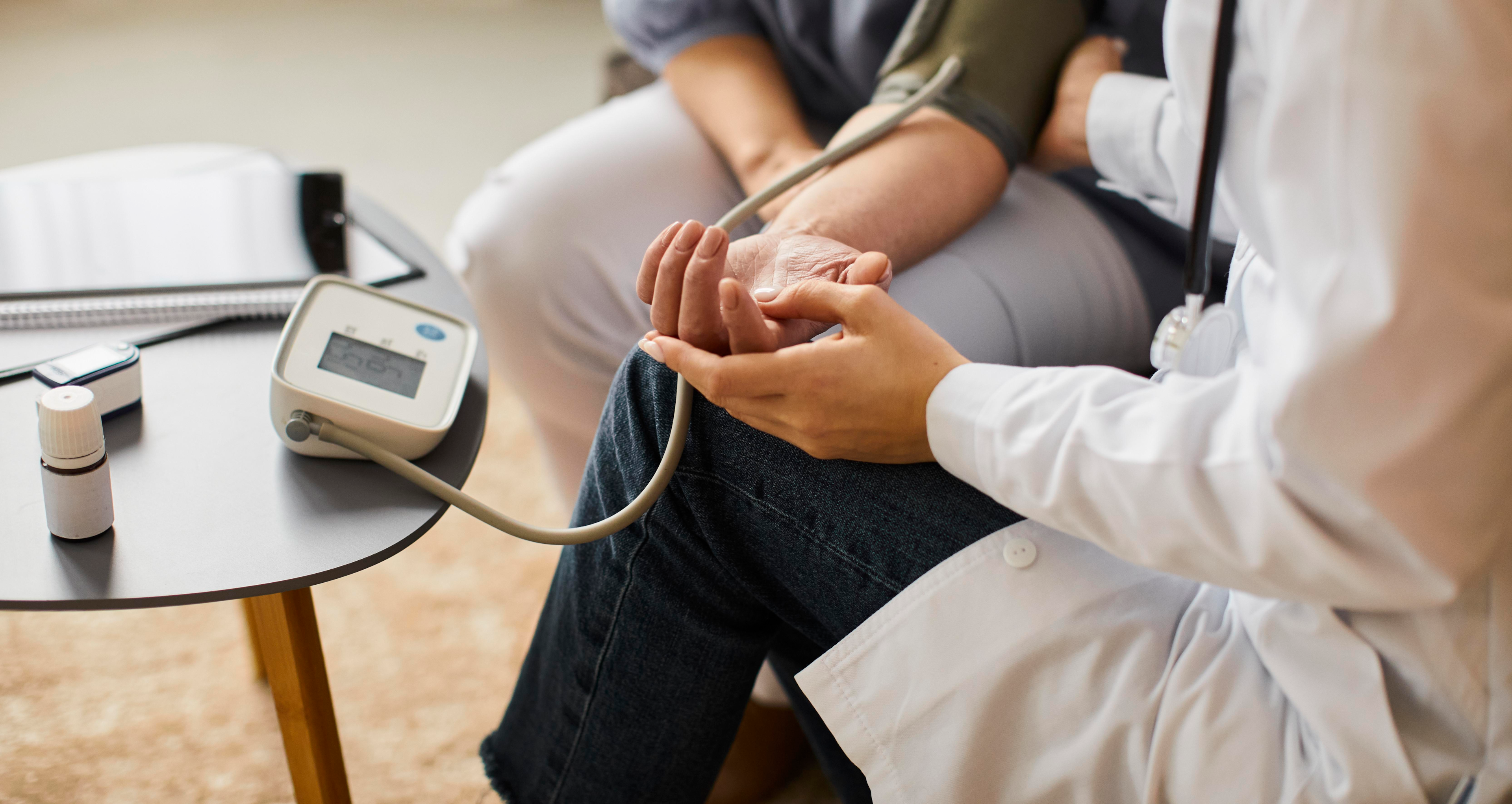
Consequently, the use of ACE inhibitors has also increased. These facts have increased the need for public education about the topic. In the below lines, we will explain how these drugs work, potential side effects and risks and what you can do to manage these issues. Stay on the lines to understand.
What are the ACE inhibitors, and how do they work?
The mechanisms of action of ACE inhibitors are;
-
Hypertension is a product of various pathological events undergoing in the body. One such event is the conversation of mediator angiotensin I into angiotensin II. Angiotensin II constricts the blood vessels to cause hypertension. This conversion requires an enzyme, the angiotensin-converting enzyme. The ACE Inhibitors work by blocking this enzyme. This effect lowers the blood pressure in the body.
-
These drugs inhibit the breakdown of bradykinin. Bradykinin causes the lowering of blood pressure by increasing the removal of sodium from the kidneys and by relaxing the blood vessels. The ACE enzyme breakdown this molecule. The ACE inhibitors reverse this action, thus helping to lower blood pressure.
In short, these drugs interfere with the body's mechanisms of blood pressure regulation.
What are various ACE inhibitors available in the market?
Given their usefulness in treating high blood pressure, many compounds have entered the market. The commonly used ACE inhibitors are;
-
Ramipril (Altace)
-
Perindopril
-
Captopril
-
Benazepril (Lotensin)
-
Enalapril (Vasotec)
-
Enalaprilat
-
Moexipril
-
Quinapril (Accupril)
-
Lisinopril (Prinivil, Zestril)
-
Fosinopril

These drugs are available in a variety of brands and dosages. At Welzo.com, we have a variety of ACE inhibitors and other drugs available for you. However, these are prescription drugs; you need to consult our health experts to buy them. Click here to complete an online consultation.
Why are ACE inhibitors so commonly used?
ACE inhibitor drugs have several pros, making them useful medications for treating hypertension and related cardiovascular issues. Their main benefits are;
-
They are effective: The user reviews and scientific studies' results confirm that these drugs are extremely effective in their job, for example. A study published by a Canadian Medical Journal in 2008 found that ACE inhibitors cause a 35% decrease in mortality in hospitalised patients and a 25% decrease in mortality in all users.
-
They are effective for prevention, too: Besides the treatment, these drugs are also safe and effective when used for preventive purposes. Some medicines and brands are available in lower doses that you can use regularly.
-
They are safe with most other drugs: These rarely cause severe reactions other than decreased absorption and work well with many other medicines that are often used with blood pressure drugs.
-
They are safe and cause manageable side effects: These drugs have minor and easily manageable side effects.
These are prescription drugs, and you need to consult your healthcare provider before placing an order. You can get anti-hypertensive drugs (including ACE inhibitors) at our online pharmacy after a brief consultation. Click here to proceed.
What are the possible side effects of ACE inhibitors?
These drugs influence blood flow. So, side effects are expected in addition to the desired outcomes. These drugs cause various side effects ranging from mild to severe and life-threatening. Some side effects need immediate medical attention.
On your part, you are required to monitor these effects and report to your healthcare provider for immediate response. Also, you should use these drugs only after checking your blood pressure. Our blood pressure monitor will do this job for you. This digital meter will tell you whether you need to use ACE inhibitors or not Click here to order an at-home meter.
The most common side effects of ACE inhibitors are;
Dizziness
It is experienced with all blood pressure-lowering drugs. It occurs due to the relaxation of blood vessels and the resulting low blood pressure. It is a very common side effect experienced by 12-19% of users. According to a study published in the Journal of Otolaryngology, ACE inhibitors are more likely to cause dizziness than any other drugs.

As preventive care, you should avoid doing jobs requiring attention, e.g., driving etc., and the jobs requiring excessive physical work after taking these drugs.
Dry cough
It is also a very common side effect of ACE inhibitors and is reported by 10-20% of users. It occurs due to the over-activation of the cough reflex. This effect occurs due to histamine's local release and other pro-inflammatory peptides' activation.

All these events are triggered by the local accumulation of bradykinin, as ACE inhibitors prevent its breakdown. It should go away spontaneously. However, if it persists, you need to consult the doctor.
Other moderate side effects
Besides these common side effects, some other side effects are also reported by individual users. These side effects are moderate, and you may need to consult the doctor in severe cases.
-
Weakness and fatigue
-
Headache
-
Drowsiness and fainting
-
Blurred vision
-
Mild skin rashes
-
Vomiting and diarrhoea
Serious side effects
These side effects are less common and are experienced by less than 1% of users. Nevertheless, they need an immediate response. These side effects require you to take immediate help and include;
-
The severe stomach pain could be a sign of inflammation of the pancreas.
-
Blood in the urine and swollen ankles are the signs of an acute chronic kidney disease.
-
Bruising and bleeding from gums
-
Angioedema which is the swelling of the deeper skin layer due to fluid accumulation.
-
Hypo-tension
-
The skin and the white of the eyes turn yellow. It means the drugs are causing liver issues.
-
Signs of allergic reactions, e.g., skin rashes and peeling, swelling, chest tightness, wheezing, troubled breathing, swelling of throat, lips, tongue and face.

Kidney and liver issues can be developed in the long run. Therefore, you need to monitor your kidney and liver functions regularly.
What are the risks of ACE inhibitors?
There are several contraindications of ACE inhibitors, which mean the conditions that require you to avoid these drugs. Some common contraindications are;
-
Severe kidney diseases e.g., kidney stones or diseases of renal arteries (e.g., stenosis). The drugs are secreted through the kidneys. So, if kidneys are not working properly, they will not secrete the drugs properly, causing them to accumulate to dangerous levels, increasing the chances of side effects.
-
You have a history of idiopathic (due to unknown causes) or inherited angioedema, as it can worsen the condition.
-
You have a history of allergic reactions to these drugs.
-
You are pregnant or breastfeeding. Using ACE inhibitors during pregnancy is not recommended because they can cause the baby's death or congenital disabilities. However, some ACE inhibitors are safe during pregnancy. You. Need to consult the doctor for choosing a drug during breastfeeding. The common risks in pregnancy include low levels of amniotic fluid, abnormal skull development and even death of a fetus in severe cases.

You need to consult your healthcare provider, who will substitute the ACE inhibitors with some other safer drugs.
How do ACE inhibitors interact with other drugs?
Sometimes, the drug doesn't cause any serious side effects, but it can interact with the other medicines you are using and cause severe issues. Therefore, you need to know how it interacts with other drugs. The list is provided as a guideline, and it is better to consult the pharmacist in case you use any other medication.
Non-steroidal anti-inflammatory drugs NSAIDs)
These are the common drugs used for their pain-killing and anti-inflammatory properties. However, they reduce the ACE Inhibitors' effectiveness and can cause problems with kidney functions, e.g., acute kidney injury (in case of long-term use). Both over-the-counter and prescription NSAIDs should be used cautiously, but the risk is particularly higher for over-the-counter NSAIDs, e.g. ibuprofen, aspirin, naproxen etc.
You need to read the instructions provided on the patent leaflet or consult the pharmacist for safety and efficacy information.
Drugs affecting sodium or potassium levels (e.g., loop and thiazide diuretics)
ACE inhibitors influence potassium and sodium levels. It means they should be used cautiously with the drugs that affect the levels of these minerals in the blood as the situations e.g. hyperkalemia (higher potassium levels) or its opposite, hypokalemia, can develop, leading to liver problems or disturbed heart rhythms (arrhythmia).

Drugs influencing the kidney functions
ACE inhibitors are contraindicated with some drugs that influence kidney function, e.g., aliskiren, a renin inhibitor. Renin is also involved in regulating blood pressure by maintaining potassium and sodium levels in the blood. It is secreted by some special cells in the kidneys in response to very low blood pressure.
Angiotensin receptor antagonists
The angiotensin receptor blockers (ARBs) prevent the body from using angiotensin II. In this way, they relax the arteries and veins and lower the blood pressure, thus, making it easier for the heart to pump blood. When these drugs are used together, they can cause hyperkalemia, lower blood pressure and reduced kidney functions.
How do the ACE inhibitors interact with the foods?
You must follow the doctor's instructions if you are on a dieting plan, e.g., on a low/high sodium or potassium diet, as it can interfere with your blood pressure management program. Avoid salt substitutes containing sodium or potassium unless the doctor recommends it.

Also, it would be best if you avoided any foodstuffs that can aggravate the side effects, e.g., capsaicin, a chemical used to make foods spicy, can exacerbate the dry cough and should be avoided. Similarly, some people note dizziness by consuming some foods, e.g., dairy products, chocolate, alcoholic beverages and products containing caffeine, e.g., soda, coffee etc.
With experience, you will begin identifying foods that aggravate the side effects. Replace them with safer foods.
Can you stop these drugs by yourself?
Stopping ACE inhibitors suddenly and without the doctor's recommendation is not advised as it can lead to severe life-threatening issues, e.g., heart failure, stroke or heart attack. The mechanism of leaving the drug depends upon the drug being used, and the doctors often reduce the dosage before asking you to leave it altogether.
Another alternative is to use a suitable, safer alternative before leaving a drug. In any case, a sudden withdrawal is contraindicated.
To read more about blood pressure and related health issues, e.g., disturbed heart rate and heart diseases, click here to read our information pages.
When should you call the doctor?
All side effects do not require you to call the doctor. However, you need to seek immediate help in case of these issues;
-
Swelling and other signs of an allergic reaction
-
Any symptoms of stroke or heart attack
-
Kidney pain if the drug is influencing the kidney function
-
Fainting
It is strongly suggested to use blood tests to monitor your potassium levels, kidney functions and blood pressure and respond immediately to any issue.
Bottom-line
The angiotensin-converting enzyme (ACE) has a role in regulating blood pressure. So, ACE inhibitors and angiotensin II receptor blockers are frequently used to manage blood pressure. These are the most common drugs for hypertension and related cardiovascular issues.

Besides their safety and efficacy, side effects can occur, ranging from mild and easily manageable to moderate and severe, requiring immediate medical attention. Besides this, these drugs are also unsuitable for all users, e.g., pregnant and breastfeeding women need safer alternatives. Sometimes, they may not be effective and must be combined with other anti-hypertensive drugs.
Seeking medical advice in case of any complications is a valuable option. If you need consultation, our health experts are available for you. Click here for online consultation. The page also contains many of our blood pressure-related drugs and products. You will have to answer some questions before placing an online order.
If, however, you are not satisfied with the ACE inhibitors, there are various other classes of drugs available, e.g., beta-blockers. Our online pharmacy has a beta blocker drug (Bisoprolol) that is also very effective in the case of hypertension. Click here to place your order after an online consultation.





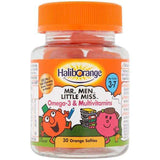
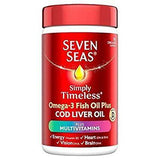

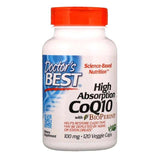
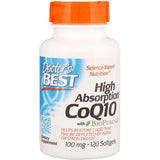

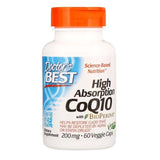


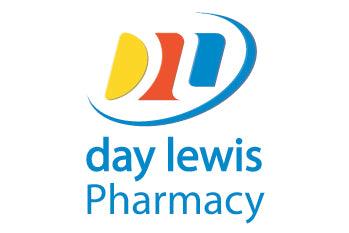



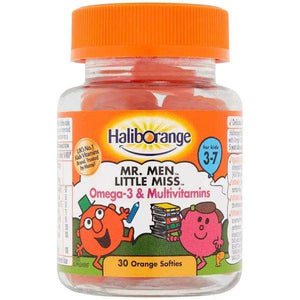
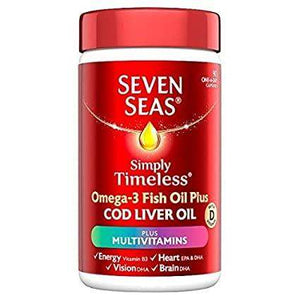
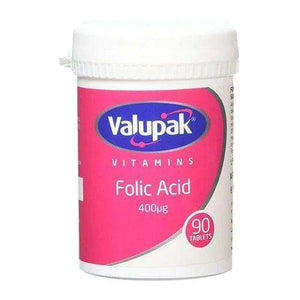
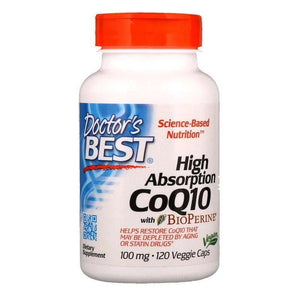
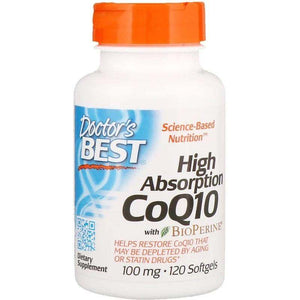

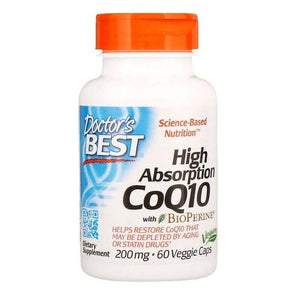
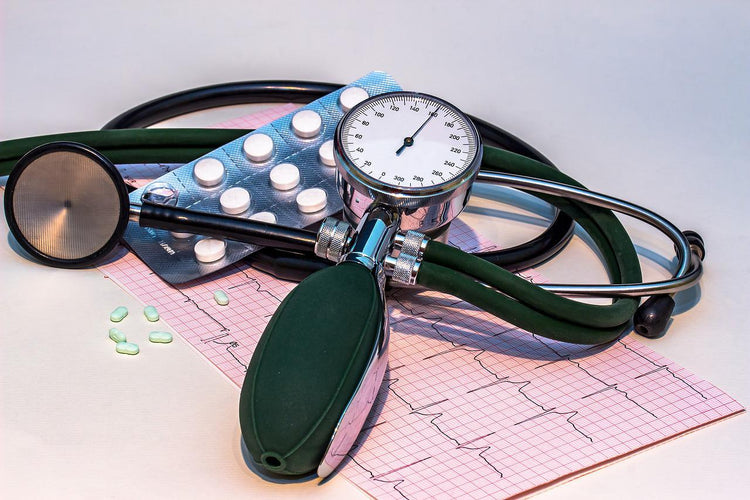






 Rated Excellent by 26,523+ Reviews
Rated Excellent by 26,523+ Reviews